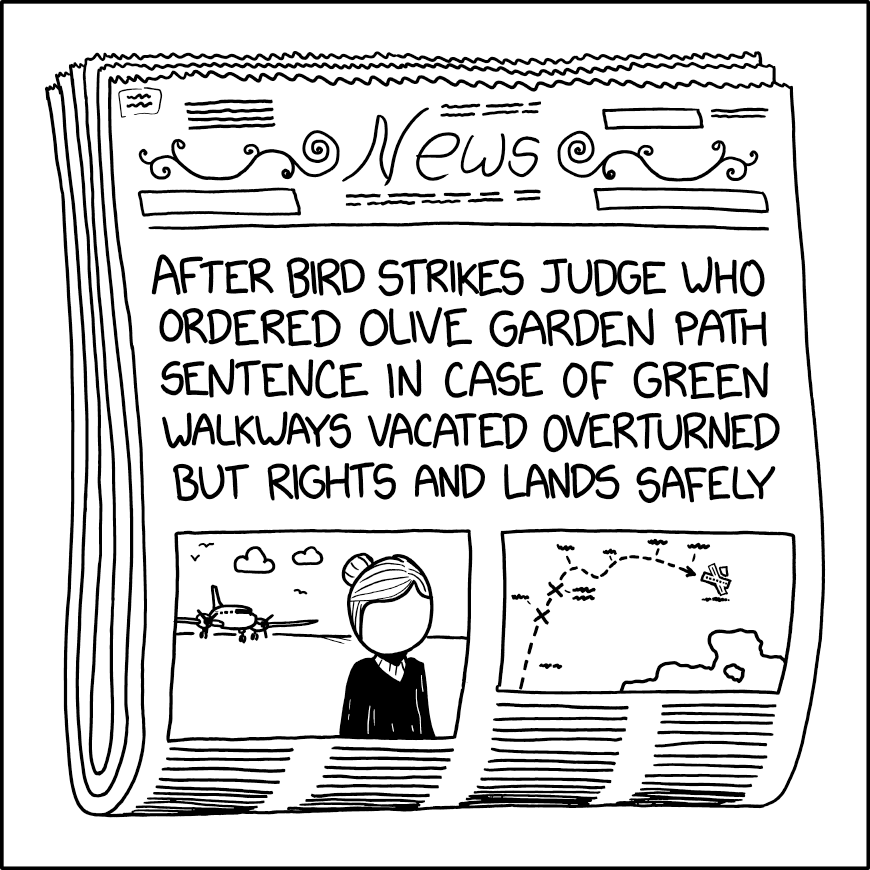Phenomenology
Nancy Kathryn Walecki, "Sound as Ever: Gram Parsons and Harvard’s hand in country rock", Harvard Magazine July-August 2023:
During Parsons’s Burritos era, Thomas left Harvard to write his dissertation in a cabin on Mount Baldy outside Los Angeles. Now more of an older brother to Parsons than a proctor, he would take study breaks with him in town: “It was a whole different world from Heidegger and Wittgenstein.” Once, they met Janis Joplin in a nightclub parking lot. “This is my adviser from Harvard. He’s into phenomenology,” Gram said. “Wow,” replied Joplin. “I believe in ghosts, too.”


